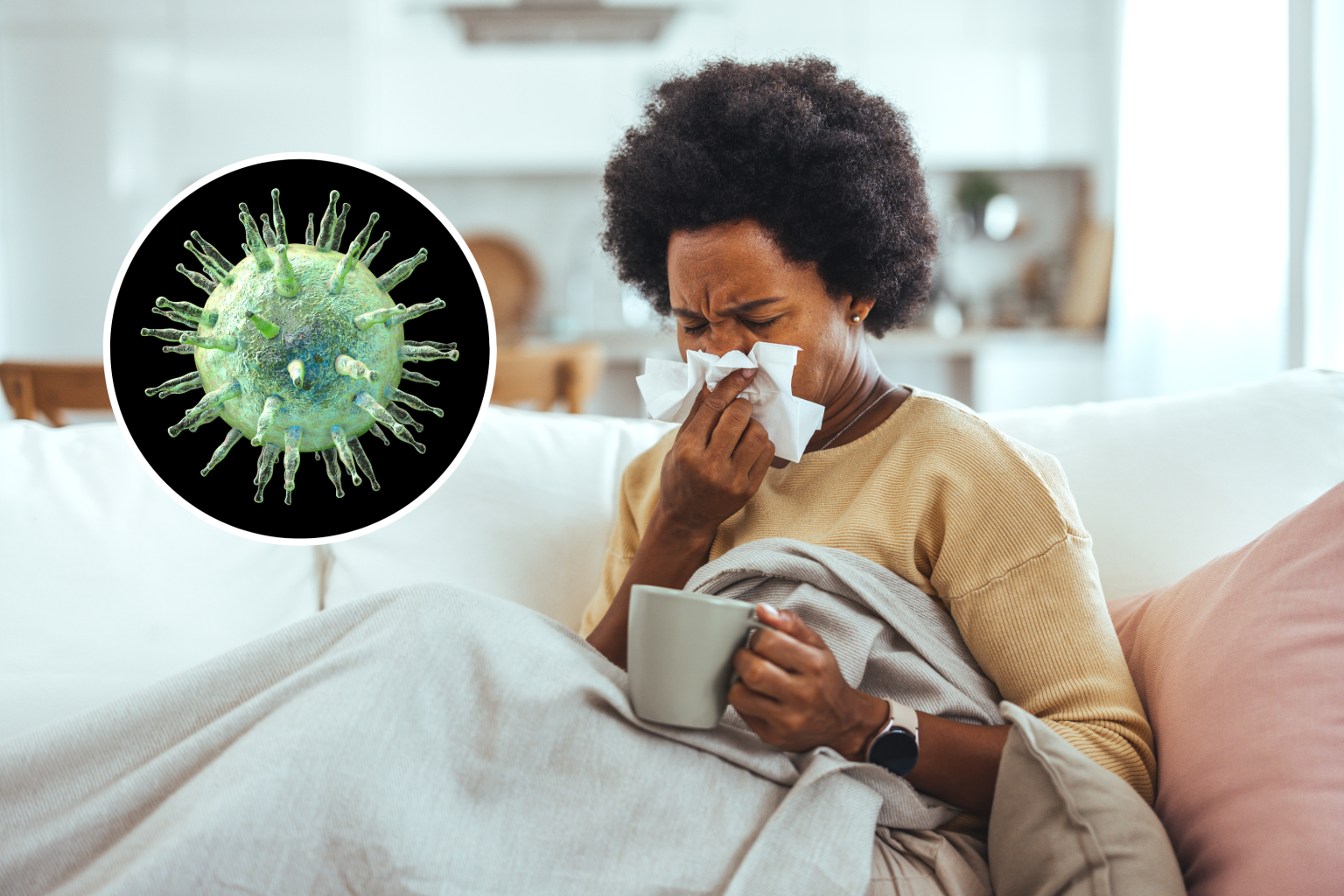Summarize this content to 2000 words in 6 paragraphs Reports have been circulating about an outbreak of human metapneumovirus (HMPV) in China, with some speculating that the virus could spread much like COVID-19.Experts are saying there is no need for alarm right now; for example, Associate Professor Sanjaya Senanayake, an infectious disease specialist at The Australian National University, said in a statement: “Although this is a priority for China’s health system, it should not lead to immediate concerns about a new pandemic.”HMPV: The Situation in ChinaA spokesperson for the World Health Organization told Newsweek: “The Chinese Center for Disease Control and Prevention publishes weekly reports on its monitoring of influenza-like illnesses.”The latest, from 2 January, …reports that, as expected for this time of year (the Northern Hemisphere winter), there is a month-over-month increase of acute respiratory infections, including seasonal influenza, RSV [respiratory syncytial virus] and Human metapneumovirus (HMPV).”In the report from the Chinese Center for Disease Control and Prevention, cases of flu-like illnesses were on the rise across the board, including influenza and HMPV, from the week before, according to data on the last week of 2024.Influenza was responsible for 30.2 percent of flu-like cases in the outpatient and emergency rooms of Chinese hospitals, while HMPV cases made up 6.2 percent—ahead of other respiratory diseases such as coronavirus, RSV and adenovirus.
A woman with a respiratory illness such as the flu or a cold blows her nose with a tissue, with an image of a virus inset. Respiratory illnesses are those with flu-like symptoms, such as…
A woman with a respiratory illness such as the flu or a cold blows her nose with a tissue, with an image of a virus inset. Respiratory illnesses are those with flu-like symptoms, such as influenza, RSV, coronavirus and more.
More
dragana991 / Dr_Microbe/iStock / Getty Images Plus / Canva
HMPV Is Not Like COVID-19While there has been some talk on social media about the possibility of an HMPV pandemic, experts have said that HMPV is different from the coronavirus.”The virus was first scientifically described in 2001 but probably circulated in people for many years before that,” Professor Jill Carr, a virologist at Flinders University, Australia, said in a statement.”This is very different to the COVID-19 pandemic, where the virus was completely new in humans and arose from a spillover from animals, and spread to pandemic levels because there was no prior exposures or protective immunity in the community.”Carr said that the scientific community knew about HMPV already, unlike with the COVID-19 pandemic.How Is HMPV Like the Common Cold?Symptoms of HMPV include a cough, fever and runny or stuffy nose, but can progress to pneumonia or bronchitis among more vulnerable individuals, such as young children, older adults and those with weakened immune systems.”HMPV is very common and often causes ‘the common cold,'” Jacqueline Stephens, associate professor in public health at Flinders University, Australia, said in a statement.Professor Paul Hunter, a medicine professor from the University of East Anglia, in the U.K., said in a statement that new technology meant infections such as HMPV were being diagnosed more frequently, so “it is not always easy to know whether year-on-year increases are due to actual increases or just because we are diagnosing a greater proportion of infections.”Why Are Children More Often Affected by HMPV?”HMPV is quite a common respiratory infection that peaks in winter,” said Hunter. “Almost every child will have at least one infection with HMPV by their fifth birthday and we can expect to go on to have multiple reinfections throughout life.”Professor Vasso Apostolopoulos, an immunologist at RMIT University, Australia, said in a statement that HMPV posed “substantial immunological concerns” for vulnerable populations such as young children.”Individuals with weakened immune systems, the very young or the elderly may have slower or less effective immune responses, increasing the risk of severe complications such as pneumonia, bronchiolitis or exacerbations of other respiratory conditions,” said Apostolopoulos.Is HMPV a Virus to Be Concerned About?There are some reasons for concern about HMPV, because there is currently no available vaccine or treatment.Stephens said: “Some people can have poor outcomes—like pneumonia—following this respiratory illness, and so it is important to try to reduce transmission by staying at home when you or your children have flu-like symptoms.”Good hand hygiene, good sneeze and cough etiquette and wearing a face mask in public places are also important.”Senanayake said: “At this stage, the likelihood is that China is experiencing a bad HMPV season…but it should settle down.”Hunter said: “Overall, I don’t think there are currently any signs of a more serious global issue.”Is there a health problem that’s worrying you? Do you have a question about HMPV? Let us know via [email protected]. We can ask experts for advice and your story could be featured in Newsweek.








